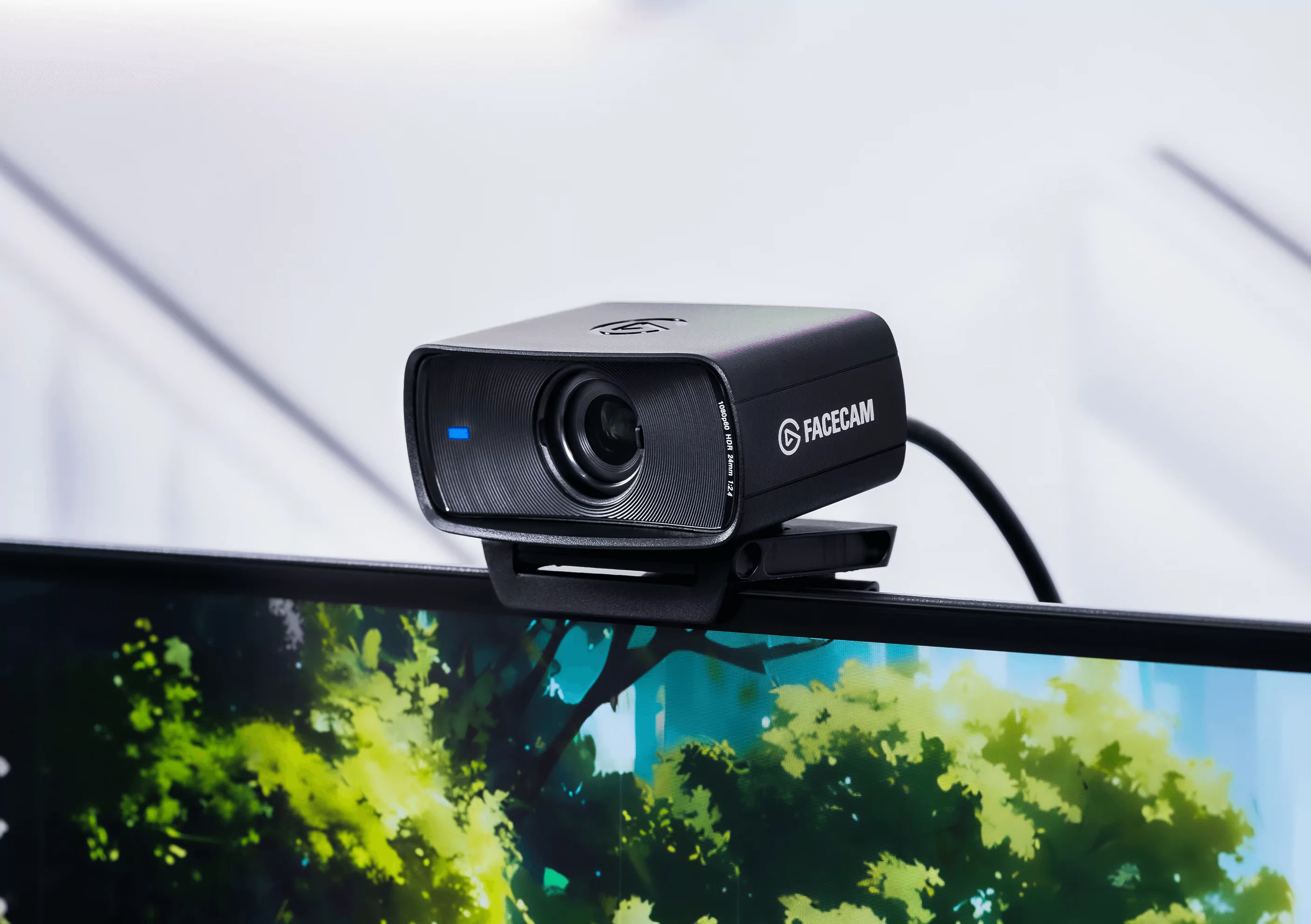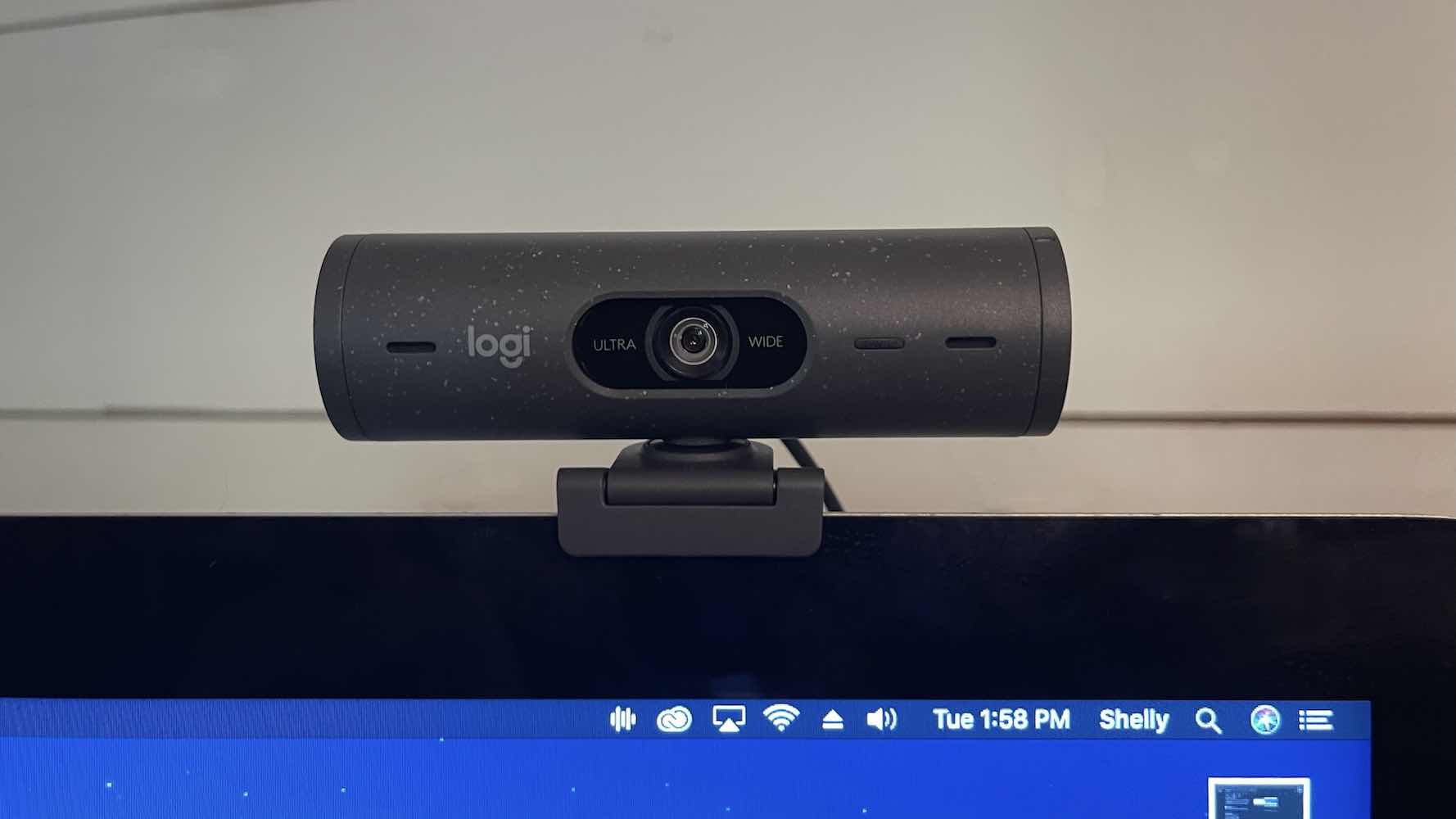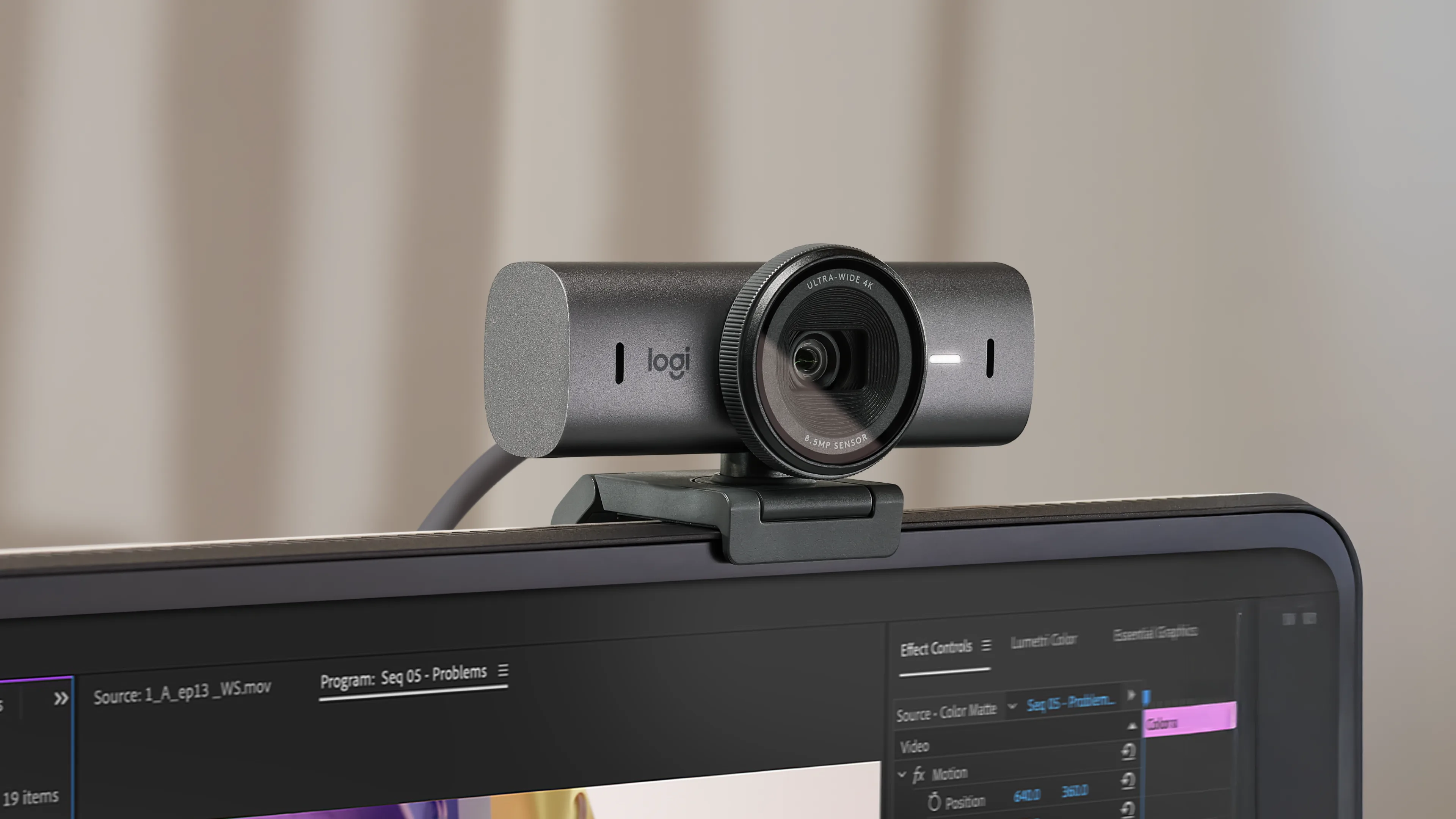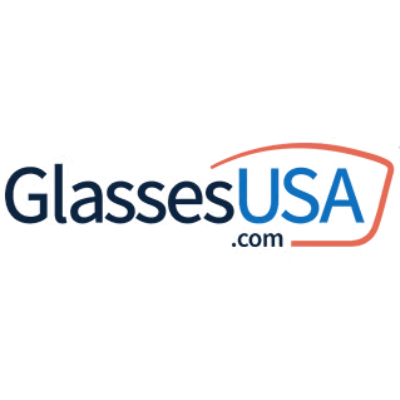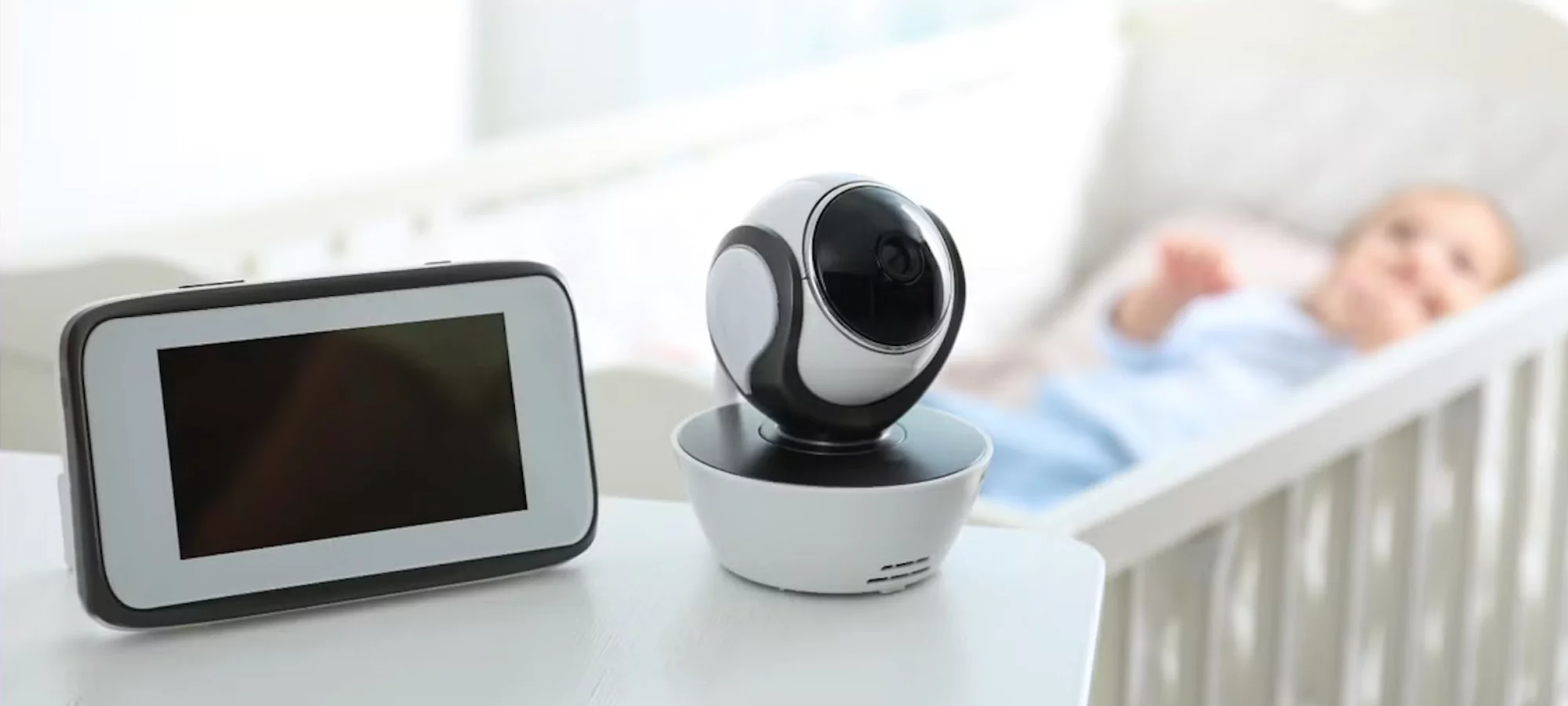Last updated on:
September 15, 2025
Zenni Optical has established itself as a pioneer in the direct-to-consumer eyewear market, offering prescription glasses at prices that challenge traditional retail models. After thorough testing and analysis, this comprehensive review examines every aspect of the Zenni experience to help you determine if their glasses meet your vision and budget needs.
Overview and First Impressions
Zenni Optical operates entirely online, eliminating the overhead costs associated with physical storefronts. This business model allows them to offer complete prescription glasses starting at $6.95, with most pairs falling well under $100. The company provides over 4,000 frame styles, ranging from classic designs to trendy options and designer collaborations.
The website presents a clean, organized interface that makes browsing their extensive catalog manageable. The virtual try-on feature helps narrow down choices, though the technology has limitations compared to in-person fitting. The ordering process requires your current prescription and pupillary distance measurement, which you can obtain from your eye doctor or measure yourself using their online tools.
The initial setup takes some patience if you're unfamiliar with online eyewear shopping. Understanding prescription terminology and lens options becomes crucial for making informed choices. The abundance of customization options can feel overwhelming initially, but the website provides helpful guides and explanations throughout the process.

Build Quality and Frame Construction
Frame quality varies significantly across Zenni's price spectrum, reflecting the cost-conscious nature of their manufacturing. Entry-level frames under $20 use basic materials and construction methods that show their budget origins. The plastic feels thin, hinges operate with noticeable play, and overall durability appears limited for daily wear.
Mid-range frames between $20-50 demonstrate improved construction quality. The materials feel more substantial, hinges operate smoothly, and the finishing shows better attention to detail. These frames compete favorably with retail options costing two to three times more, representing solid value for most users.
Premium frames above $50 approach the quality levels found in traditional optical shops. The construction feels robust, materials appear durable, and finishing details match expectations for higher-end eyewear. While still not matching luxury brands, these frames offer excellent value for users seeking better build quality without premium pricing.
The temple arms and nose pieces generally fit well across different face shapes, though some adjustment may be necessary. The standardized sizing works for most people, but those with unusual facial measurements might find limitations compared to custom-fitted retail glasses.
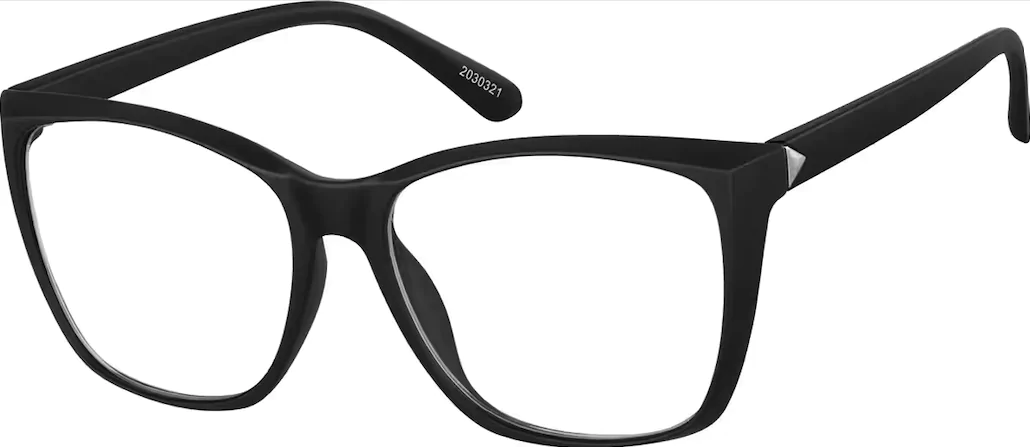
Lens Quality and Options
Zenni Optical's glasses go through a strict quality check process that includes testing for defects and prescription accuracy to ensure that each pair meets quality standards. The basic single-vision lenses provide clear vision and accurate prescription fulfillment for most users. The optical clarity matches expectations for budget lenses, though premium lens materials from major manufacturers aren't available.
The standard polycarbonate lenses include basic scratch resistance and UV protection. These lenses work well for everyday use, though they lack the advanced coatings and treatments found in higher-end options. The thickness varies based on prescription strength, with higher prescriptions showing noticeable edge thickness despite high-index options.
Progressive lenses represent one of Zenni's strongest value propositions. If you need progressive lenses or bifocals, you can run the pair of eyeglasses up at Zenni to as much as $60 … but compare that to what you've paid in the past! The progressive lens quality provides smooth transitions and wide viewing areas, though adaptation periods may be longer than premium alternatives.
Blue light filtering lenses have gained popularity, and Zenni offers these as an affordable upgrade. The effectiveness appears comparable to other blue light solutions, though scientific evidence for their benefits remains mixed. The slight yellow tint is minimal and doesn't significantly affect color perception.
Anti-reflective coatings are available as upgrades and provide noticeable improvements in clarity and appearance. The coating quality is adequate for the price point, though durability doesn't match premium AR treatments. Regular cleaning and careful handling help extend coating life.
Ordering Process and User Experience
The online ordering system guides users through each step methodically. The prescription entry process includes helpful explanations for each field, reducing confusion for first-time buyers. The pupillary distance measurement tool provides reasonably accurate results, though professional measurement remains preferable for optimal fit.
Frame selection benefits from multiple filtering options including face shape, color, material, and price. The virtual try-on feature works best with good lighting and a clear webcam, though the accuracy varies between different frame styles. The feature provides a general sense of fit and appearance but can't replace physical trial.
The customization process allows detailed specification of lens types, coatings, and tinting options. Each upgrade includes clear pricing and benefit explanations, helping users make informed decisions about additional costs. The order summary provides a complete breakdown before final purchase.
Customer service operates through multiple channels including phone, email, and live chat. Response times are generally reasonable, though complex prescription questions may require escalation to optical specialists. The support team demonstrates good product knowledge and can help troubleshoot ordering issues effectively.

Shipping and Delivery
Standard shipping costs $4.95 and usually takes about 7-14 days. Shipping is free on orders over $89. The manufacturing and shipping process typically requires 7-10 business days for standard orders, with rush options available for additional fees.
Great deals, great glasses & shipping was quick (less than 2 weeks). Most orders arrive within the estimated timeframe, though occasional delays occur during peak periods. The packaging provides adequate protection for the glasses, with each pair arriving in a basic case with cleaning cloth.
International shipping is available to many countries, though delivery times and costs increase significantly. Customs duties may apply depending on destination country regulations. The company provides tracking information for all shipments, allowing customers to monitor progress.
Quality issues occasionally arise during shipping, with some glasses arriving with minor scratches or misaligned components. The company generally addresses these problems quickly through their return process, though the inconvenience affects the overall experience.
Value Proposition and Pricing
Zenni's primary advantage lies in their aggressive pricing strategy. You can easily get a good pair of glasses (frames and lenses) well under $100. This pricing represents savings of 70-80% compared to traditional optical retailers, making prescription eyewear accessible to budget-conscious consumers.
The value equation improves significantly for users needing multiple pairs. The low prices enable practical approaches like having dedicated computer glasses, reading glasses, and sunglasses without major financial impact. This flexibility represents a key advantage over traditional single-pair purchasing models.
Decent quality for the price point. I could tell they weren't quite as high quality as my glasses direct from the optometrist, but I suppose I didn't select as high end of options. The quality-to-price ratio varies across their product range, with mid-range options providing the best balance of features and build quality.
Specialty prescriptions and complex lens requirements may narrow the value advantage. High-index lenses, specialized coatings, and progressive lenses add costs that reduce the overall savings compared to budget retail options. However, the final price typically remains competitive even with upgrades.
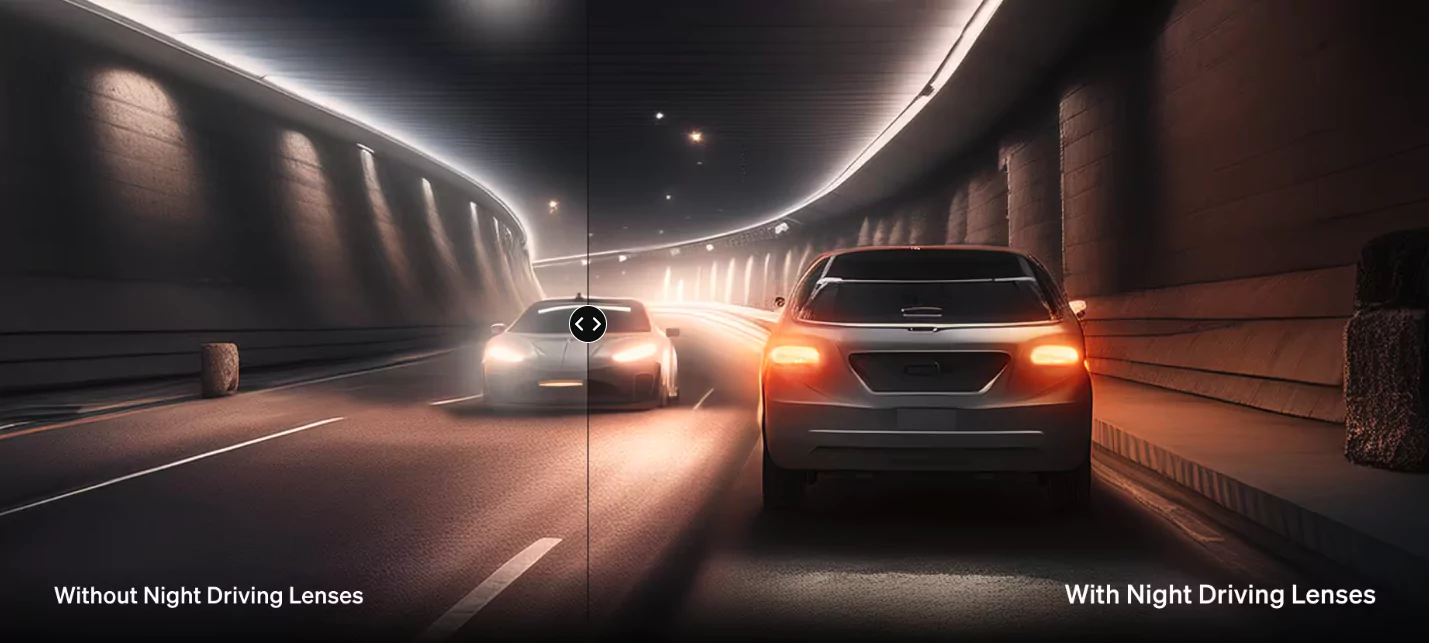
Customer Satisfaction and Support
77% of customers had a positive experience, while 10% were not satisfied. This satisfaction rate reflects generally positive experiences with occasional service issues. Most complaints center on prescription accuracy, shipping delays, or frame quality concerns.
The return policy allows 30 days for returns and exchanges, though customers pay return shipping costs. Zenni's cost a lot less than other providers but doesn't come with the same high-quality service policies, like 1-year replacement for prescription lenses. or free shipping or returns. This policy reflects their cost-focused business model but may disappoint users accustomed to premium service levels.
Prescription accuracy generally meets expectations, though occasional errors occur. The company addresses prescription mistakes by remaking glasses at no charge, though the process requires additional wait time. Complex prescriptions may experience higher error rates than simpler corrections.
Customer service responsiveness varies based on contact method and issue complexity. Simple questions receive quick answers, while technical prescription problems may require multiple contacts and extended resolution times. The support team demonstrates willingness to resolve issues, though processes can feel impersonal compared to local optical shops.
Sustainability and Social Responsibility
The EcoBloomz Sustainable Glasses Frames are what specifically drew me in. The $39 price point was hard to beat, especially for quality frames made from 100% recycled post-consumer plastic. Zenni has introduced eco-friendly frame options as part of their sustainability initiatives.
The direct-to-consumer model reduces environmental impact by eliminating physical retail locations and associated energy consumption. However, the low prices may encourage overconsumption and disposable attitudes toward eyewear, potentially offsetting environmental benefits.
The company has made efforts to improve packaging sustainability and reduce waste in their manufacturing processes. These initiatives represent positive steps, though detailed environmental impact reporting isn't readily available for comprehensive assessment.
Social responsibility includes making eyewear accessible to low-income populations through aggressive pricing. This accessibility addresses a significant public health need, as vision correction remains expensive through traditional channels.
Comparison with Competitors
Traditional optical retailers offer superior service experiences, professional fittings, and immediate problem resolution. However, their pricing typically runs 3-5 times higher than Zenni's options, making direct comparison difficult. The value proposition depends heavily on individual priorities regarding cost versus service.
Other online eyewear retailers like Warby Parker offer middle-ground approaches with higher prices but better service policies. These competitors provide home try-on programs, generous return policies, and premium customer service at prices still below traditional retail.
Discount retail chains offer some price competition but typically lack Zenni's extensive customization options and frame variety. The online model provides convenience and selection advantages that physical discount retailers can't match.
Insurance coverage considerations favor traditional retailers in many cases, as insurance benefits may offset higher retail prices. Zenni's low prices often fall below insurance deductibles, reducing the effective cost difference for insured customers.

Technology and Innovation
The virtual try-on technology provides useful approximations of frame appearance, though accuracy limitations prevent it from replacing physical trials. The technology works best for general size and style assessment rather than precise fit evaluation.
The mobile app offers convenient ordering and account management features, though the frame browsing experience works better on larger screens. The app includes all website functionality with touch-optimized interfaces for mobile users.
Prescription verification technology helps reduce ordering errors by checking entered prescriptions for obvious mistakes. This system catches common entry errors but can't verify prescription accuracy without professional confirmation.
The website's recommendation engines suggest frames based on face shape analysis and previous purchase history. These suggestions provide helpful starting points for browsing their extensive catalog, though personal preferences may differ from algorithmic recommendations.
Drawbacks and Limitations
The online-only model eliminates professional fitting services that many users need for optimal comfort and vision correction. Complex prescriptions, unusual facial measurements, or first-time eyewear users may struggle without professional guidance.
Frame adjustments require local optical shops, which may charge fees for adjusting glasses purchased elsewhere. Some shops refuse service for non-customers, limiting post-purchase support options for Zenni customers.
The return process requires careful packaging and customer-paid shipping, adding inconvenience and costs to exchanges. The 30-day return window provides reasonable time for evaluation, but shorter than some competitors offer.
Quality control variations mean some customers receive glasses with defects or prescription errors. While the company addresses these issues, the time and effort required for returns affects the overall value proposition.

Final Verdict
Zenni Optical excels as a budget-focused solution for prescription eyewear, delivering significant cost savings compared to traditional retailers. The extensive frame selection, reasonable quality levels, and aggressive pricing make prescription glasses accessible to budget-conscious consumers who might otherwise delay vision correction.
The service works best for users with stable prescriptions, standard facial measurements, and basic lens requirements. Those comfortable with online shopping and willing to handle minor adjustments independently will find excellent value in Zenni's offerings.
The limitations become apparent for users needing complex prescriptions, professional fitting services, or premium customer support. Traditional retailers better serve customers prioritizing service quality over cost savings or those with challenging vision correction needs.
For the right customer, Zenni Optical represents an outstanding value proposition that makes multiple pairs of glasses affordable and practical. The cost savings enable functional approaches to eyewear that weren't previously accessible to budget-conscious consumers. While not suitable for everyone, Zenni has democratized access to prescription eyewear in meaningful ways.
![image of a customer service representative (focusing on workspace) [background image]](https://cdn.prod.website-files.com/686ff0f42c677102ebc56fac/68812b6ec9066ad0f06aaf2c_affordableeyewearzenni.webp)
